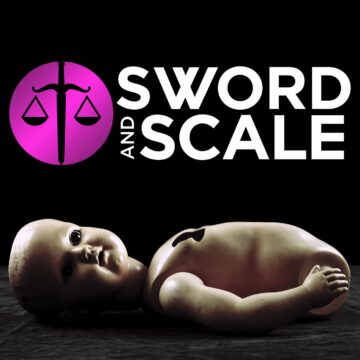After blocking media access, the Russian government banned what it calls “fake” news on its war with Ukraine. Journalists are now fleeing the country. Today on Post Reports, what that means for the truth and Russians’ access to it.
Read more:
Independent journalists in Russia have been fleeing since Russian President Vladimir Putin signed into law a ban on “fake news,” which bars reporters from calling the war in Ukraine a “war” or referring to the “invasion.” (The preferred language is “special military operation.”)
As foreign media outlets decide what that means for their coverage and staff, The New York Times this week became the first major American news organization to announce that it will pull its staff out of Russia in response to the new law.
Media reporter Elahe Izadi reports on the consequences — for Russians’ access to good information, and for the rest of the world’s understanding of what’s happening in Russia.
“I think the biggest risk here is it obscures the truth,” Elahe says. “We need to know the truth of the facts of the situation in order to assess an appropriate response. That’s the same for people within Russia.”
This new law is also creating challenges for social media platforms. Nitasha Tiku explains how TikTok has responded, and what other platforms might do. As The Post has reported, TikTok has long tried to stay out of politics, but Russia’s invasion is making that harder.








